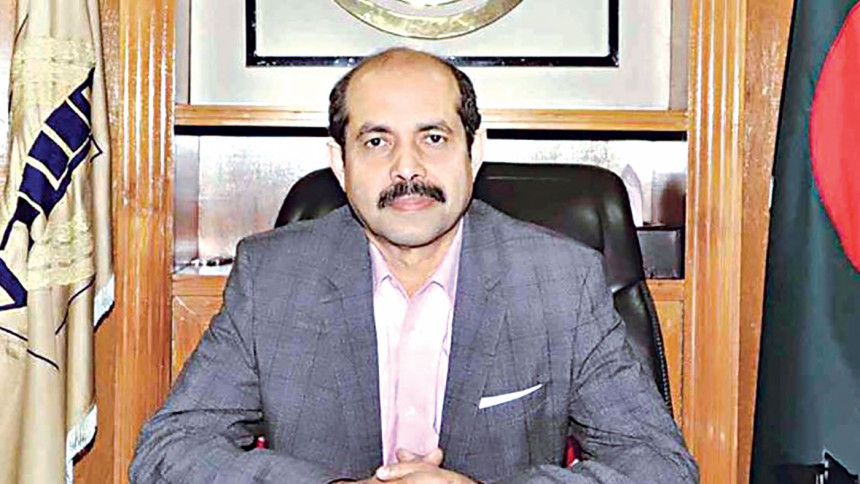Almost no designated areas for sacrifice

We took a u-turn from having large-scale designated spots for sacrificing animals due to people not showing interest previously.
To keep the capital clean during the sacrificial rituals of Eid-ul-Azha, the two city corporations fixed 535 designated spots to sacrifice animals during Eid in 2015.
However, Dhaka North City Corporation (DNCC) and Dhaka South City Corporation (DSCC) this year are ditching the plan.
There will only be three designated spots in DSCC areas and two in DNCC areas at the request of residents. Besides, DNCC will have seven more spots, as part of one of its awareness campaigns, according to officials.
"We took a u-turn from having large-scale designated spots for sacrificing animals due to people not showing interest previously," DNCC mayor Atiqul Islam told The Daily star on Wednesday.
He said that they have kept seven designated spots at ward-7 as part of an awareness programme, while the other two -- at Nikunja-1 and Baridhara Block-K -- have been arranged on request of the people living there.
However, city residents have disagreed with the mayor's logic of closing the designated areas.
Jahangir Hossain, a Mirpur-10 resident, said he was not informed where the designated place for slaughtering was.
"If I'm not informed, how am I supposed to bring the animal for sacrifice?" he asked.
City corporation officials estimated that more than five lakh animals are sacrificed every Eid-ul-Azha in Dhaka, a city inhabited by over two crore people and one that is suffering from poor drainage and waste management.
In 2017, the two city corporations designated 1,174 spots for sacrificing animals during Eid.
Last year, DSCC abandoned the initiative, while DNCC fixed 307 spots only.
"We have kept three designated places -- two at the judges complex in Kakrail and one at Eskaton quarter for government officers -- based on their requests. We could not designate other spots as the residents did not show interest," said Farid Ahmed, chief executive officer of DSCC.
He said that waste of the sacrificed animals will be collected within 24 hours, from 2:00pm on Eid day.
"The way animals are being sacrificed in Dhaka creates nothing but a civic nuisance. The decision to not keep the designated spaces is an awful one," said urban planner Iqbal Habib.
Islamic scholar and Dhaka University Arabic Professor Abdullah Al-Maruf said people in Saudi Arabia, and other countries in the Middle East and Europe sacrifice their animals in designated slaughterhouses.
"If you want to publicise these designated spots, you can instruct all khatibs to make announcements while delivering sermons during Jumma prayers," he proposed.
Hafiz Maulana Muhammad Mizanur Rahman, senior pesh-imam of Baitul Mukarram National Mosque, said according to Islamic doctrines, proper rules and discipline should be followed when sacrificing animals.
"It should also be remembered that the environment cannot be polluted in any way during sacrifices. Cleanliness is part of iman [faith]," he added.
Officials said there are only three slaughterhouses in DNCC, and one of them is closed now. Work to set up two in DSCC is ongoing.
Public health expert Mushtuq Husain, consultant at Institute of Epidemiology, Disease Control and Research, said the water used to clean blood and wastes join with already stagnant water, creating a conducive environment for mosquitoes and other insects.
"People may fall victim to stomach, skin and eye diseases. And children are the biggest victims of stomach ailments," he said.
"We need to create more public awareness about animal sacrifice in a healthy environment," he added.



 For all latest news, follow The Daily Star's Google News channel.
For all latest news, follow The Daily Star's Google News channel. 



Comments